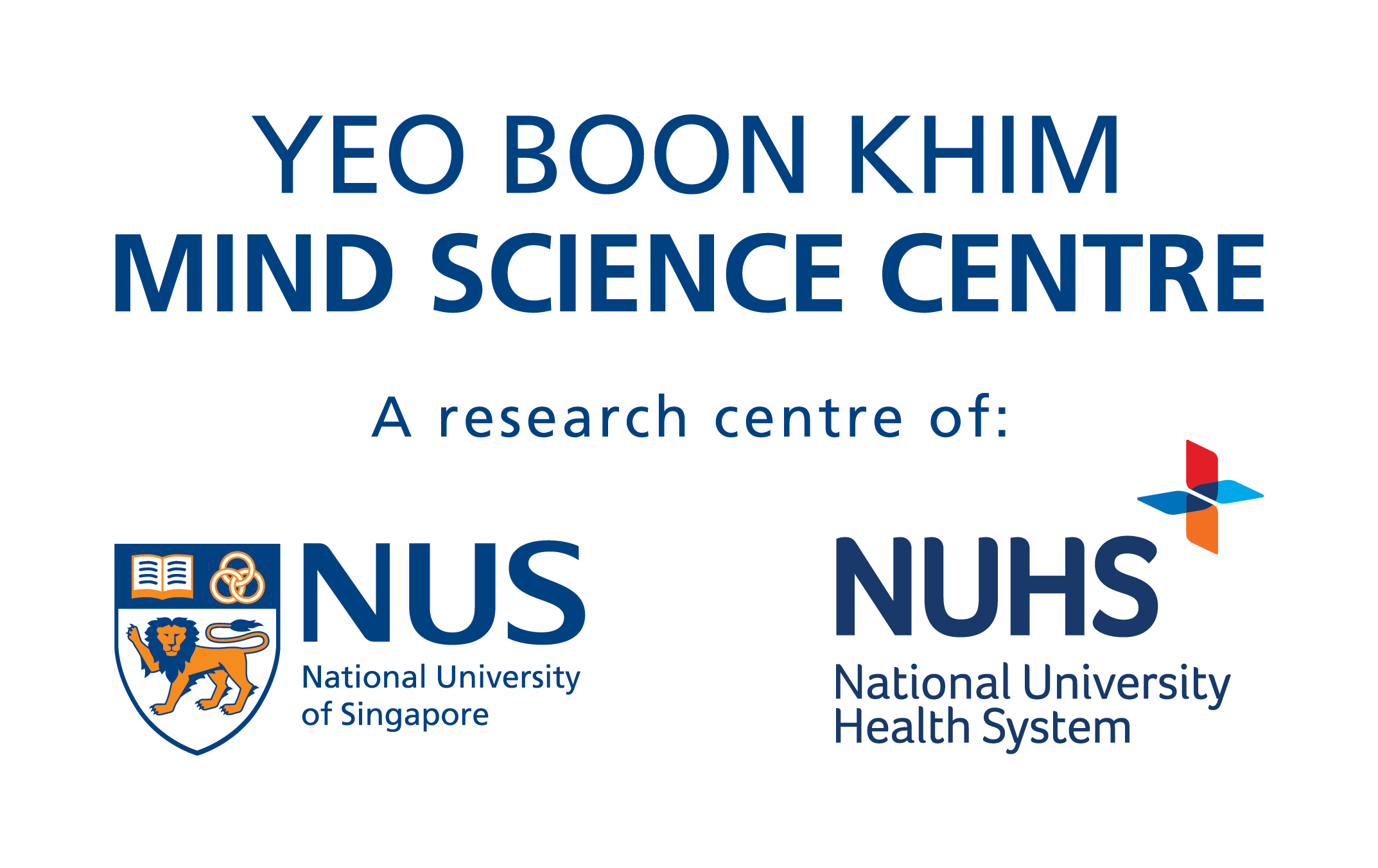Research § Research § Research § Research §
Research § Research § Research § Research §
Research
Our Methodology and Target Groups
Mind Science Centre’s research takes a preventative approach in studying the mental health of the overall population. The Centre’s research places focus on those who are healthy, at risk and with subclinical mental disorders.
Our research comprises epidemiology, genetics, immunology, endocrinology and imaging studies. The breadth of which includes biological, cognitive, behavioural and lifestyle determinants, as well as the applications of the knowledge to develop interventional programmes. These include Asian cultural and creative therapies such as mindfulness practice, music reminiscence, art therapy, and gardening.
The Centre’s research will adopt a fresh approach to advancing mental health in our community and coping with the challenges of urban life.


Research Focus
Mind Science Centre’s research places focus on community resilience building. The Centre has established 4 main research groups to drive integrative research encompassing medical science, public health, social science, psychology, computing and AI, as well as architectural design and environment.
1
Population Mental and Social Health Integrative Therapeutics
To acquire a better understanding of factors in emotional resilience across the age continuum:
a
To generate interventions that can be translated to dementia prevention and active ageing programs for seniors
2
To design and review the use of digital mental health diagnostic and intervention to improve health outcomes.
3
To investigate the determinants and health consequences of environmental effects and exposure to urban nature on mental health and wellbeing at work and in the community.


Impact of COVID-19 on Mental Health
The COVID-19 Pandemic brought an onslaught of new challenges impacting every aspect of our lives. The constant changes caused fear and anxiety, and combined with financial insecurity and unemployment, the pandemic has significantly increased the risks of mental distress. The lack of access to mental health protective factors such as social connection, employment, educational engagement, and physical exercise further worsens the situation.
Mind Science Centre studied the impact of the COVID-19 circuit breaker/safe distancing measures on the psychological health of community-dwelling older adults. Additionally, we also examined the behavioural aspects of COVID-19 prevention.
Mind Science Centre Seed Grant
Mind Science Centre (MSC) aims to be a knowledge centre of excellence for psychological research, education and service with a non-drug approach. The Centre also aims to focus its research on the local context with community-based translational programmes that can be scaled nationally.
The MSC Seed Grant aims to bring exceptional and novel research ideas into fruition to prove their value, efficacy and feasibility. More information on the seed grant can be found here.
